We had the great pleasure of speaking with Caitlin Cawley. She is someone who shows resilience and fight against many things affecting her mental health. She continues to how one can overcome co-morbid mental illnesses, such as OCD, anorexia nervosa, PTSD, depression and suicidal ideation.
1. How was it for you when your dad was sent to Iraq?
My parents weren’t together my entire life. That said, my dad and I talked regularly and he came to NH every few years for a visit. When he went to Iraq, it was scary to think about the possibility of losing a parent – regardless of how close we were. I watched the news every night at 5:30, 6, 6:30, 10 and 11 and woke up to watch it again at 6 and 6:30a. It helped me to get updates on the war and ease some anxiety.
2. How did your grandmother passing affect you?
It was my great-grandmother, but her death broke my heart. We were very close. She was my first significant loss and still haven’t processed her death 13 years later. When she died, for years, I had nightmares about her death and the last look she gave me where I knew she recognized me.
3. When did you know you had depression?
When I was told I wasn’t as bubbly as I used to be and felt hopeless almost everyday.
4. Can you tell us more about OCD?
My OCD presents itself in different ways depending on what the trigger is. I always have the obsessions and compulsions. However, when my anxiety isn’t in control, I check the locks and the stove multiple times in fear of a fire or someone breaking in and killing me or my family.
5. Can you tell us more about the eating disorder?
I have struggled with an eating disorder for 13 years. I have struggled with anorexia and ed-nos/osfed. I have in the past also struggled with exercise addiction and laxative misuse. My eating disorder has always given me a sense of control and first started when my great grandmother died. My eating disorder has also numbed me from having to feel my feelings – particularly anger and sadness. It is still something I struggle with more often than not and still struggle with body image issues.
6. What was your experience like in a hospital?
My first hospitalization was in 2006 when I was in high school. The experience was fine – I was with other teens and some kids. In 2010 I was in residential treatment for my anorexia. It was extremely painful to refeed my body and get back to a healthy weight. However, I was able to work on several issues while there. In 2011 I went back to the same program I was in in 2010 but signed myself out AMA after a week because I was so resistant and didn’t want to be there. Later that year I went back into treatment at a different hospital. It was, again, painful to refeed myself as I was at the lowest weight I had ever been. Since then, I have not been in treatment for anorexia. However, in 2016 I was hospitalized for a week for suicidal thinking and plan. The experience there was ok as well but felt like I knew a lot of the stuff they were teach from all my times at treatment. A med adjustment was what I needed.
7. What type of help have you received for OCD, eating disorder, PTSD, suicidal ideation and depression?
I have been in individual therapy, gone through IOP a handful of times. I have also gone through DBT in a formal setting twice and Cognitive Restructuring.
8. What do you want people to know about OCD, eating disorders, PTSD and depression?
There is no shame in talking about it with people you trust and who respect you. There will be A LOT of education for yourself and loved ones but it’s crucial. Recovery isn’t linear and relapses happen. Pay attention to when you struggle most so you can see if there is a pattern and cope ahead for when that pattern is due to start again.
9. If you could change how suicide and mental illness is seen, what would you change?
There is no need to be stigmatized or feel stigmatized. Just because you can’t see mental illness doesn’t mean it deserves less respect, funding or research as medical diagnoses like cancer or diabetes
10. Do you think it's important for people to advocate for mental health awareness? If so, why?
Yes – sharing one’s story can be healing for the individual telling it and those listening. It helps to ease some of the loneliness. Sharing your struggles or your story can help people in ways that aren’t always tangible and clear.


